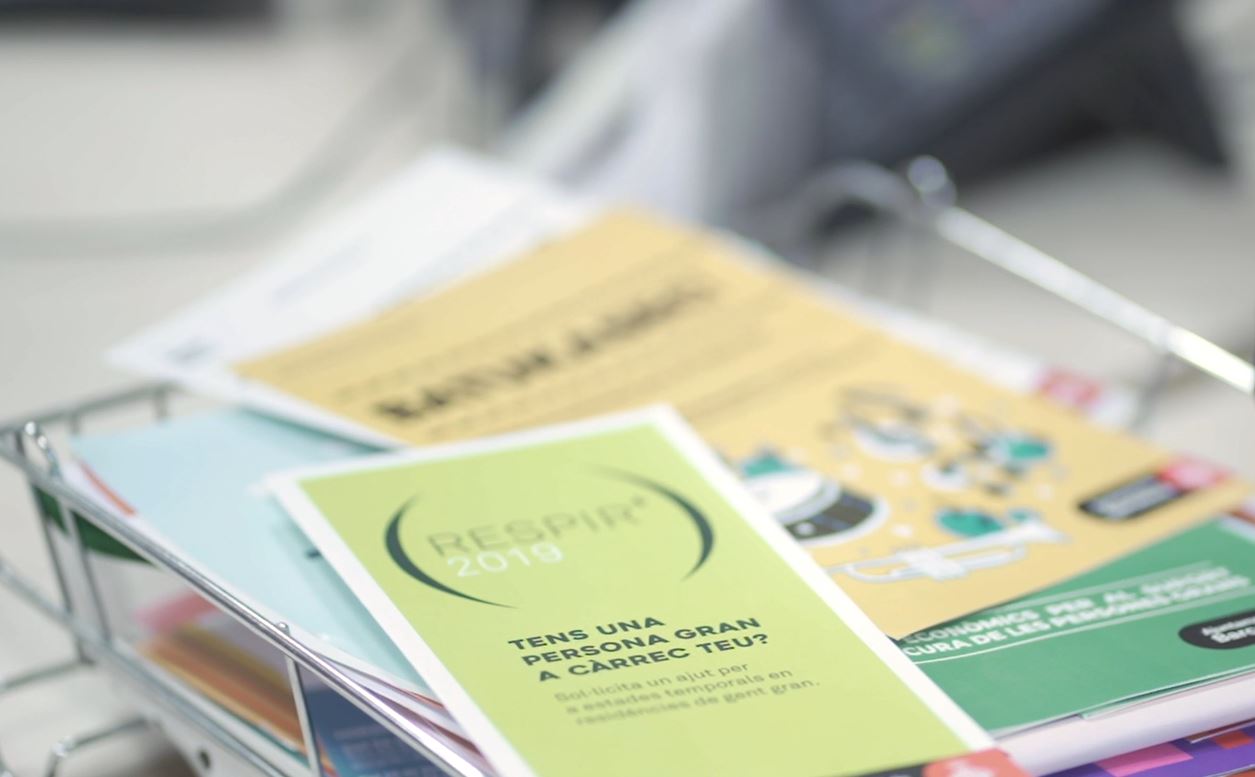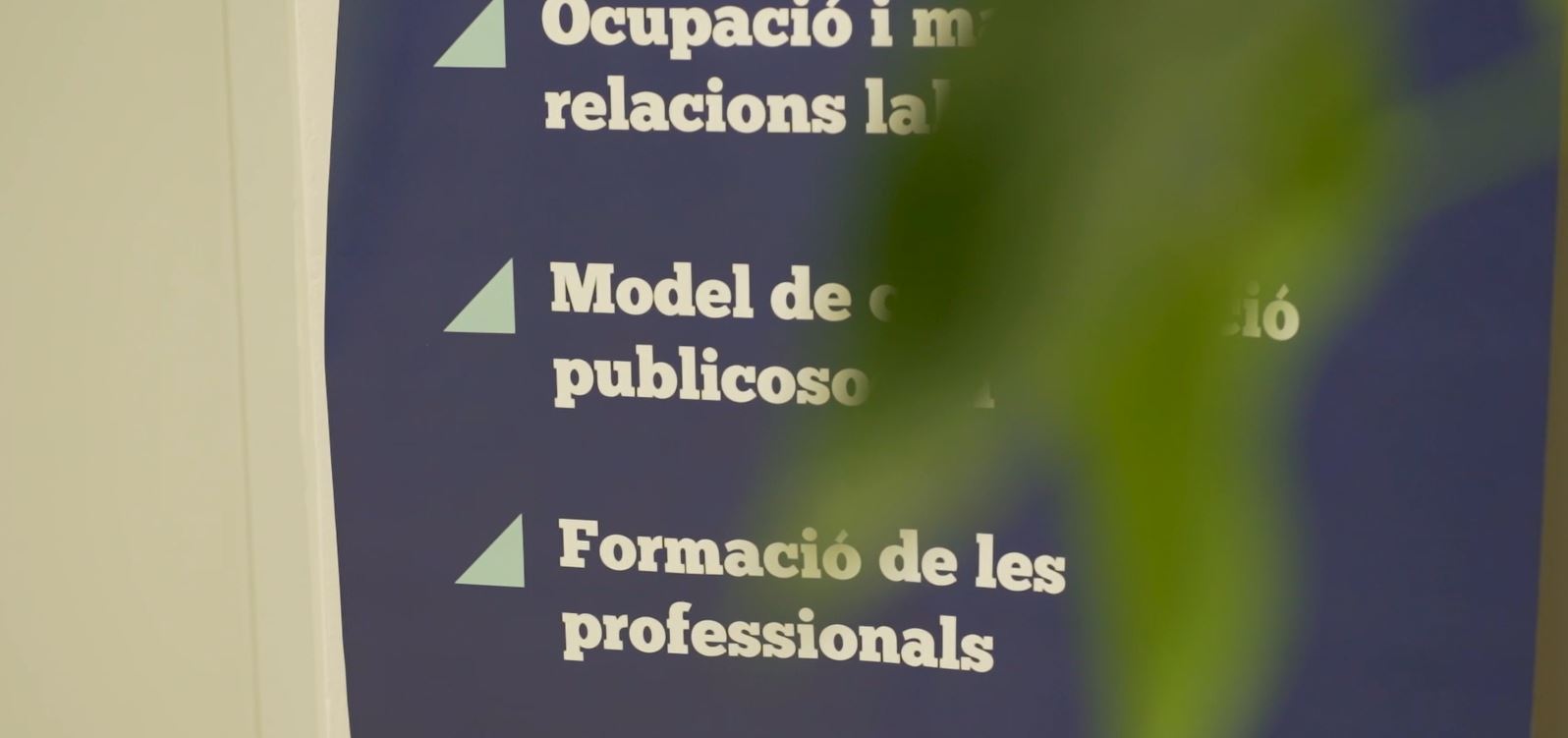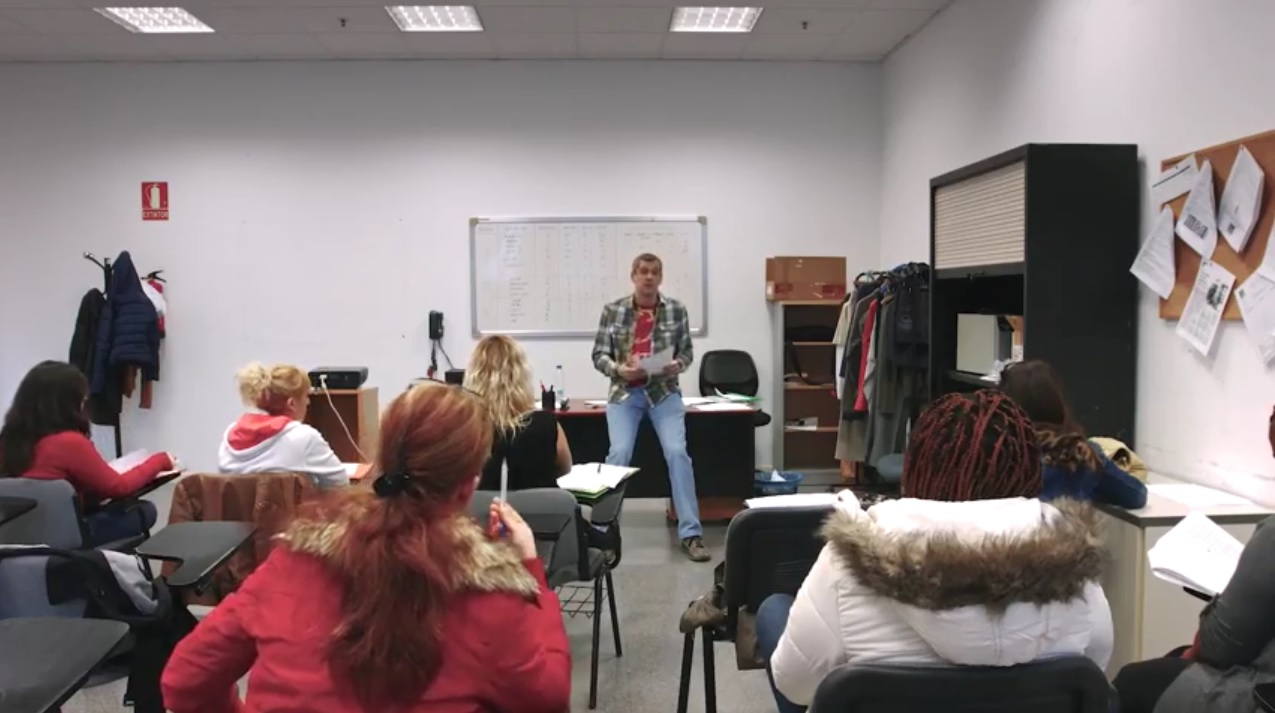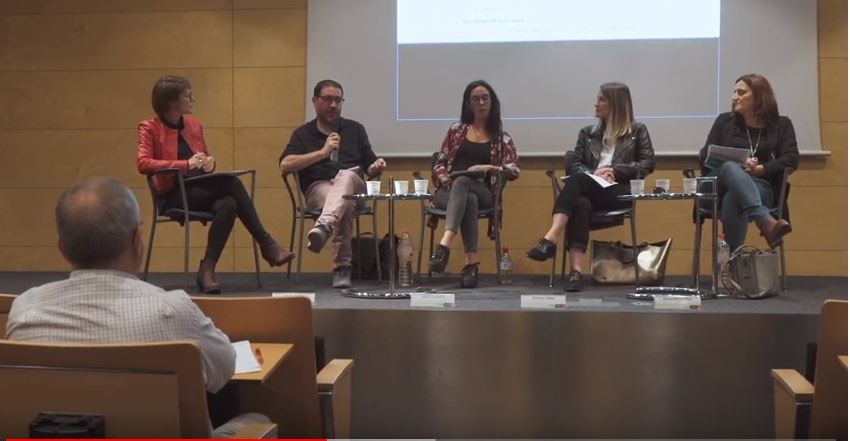
Technician in international cooperation projects
Description
The technician in international cooperation projects is the professional who designs and manages projects of development cooperation, ensuring adequate technical and budgetary execution, according to the rules and regulations applicable for reporting.
Along with tasks development, the technician becomes the link between a large number of professionals, many different organizations and institutions, both in the country where the cooperation project takes place (e.g. partners), and the country of which he or she works in and represents (e.g., the Catalan Agency for Development Cooperation, in the case of Catalonia, and the Spanish Agency for International Development Cooperation, in the case of Spain). These relationships are established under the coordination of the technician¿s supervisor.
The sectors of intervention of international cooperation projects are usually the following: education, health, food security, poverty reduction and economic development, awareness raising and education for development, migration, gender, environment, human rights and cultural diversity.
Tasks
- Project design:
- To look for cooperation projects and to search for calls to finance them, for example, instruments such as EuropeAid, which manage European Union development aid.
- To participate in the preparation of the technical application and project¿s budget, including the technical and the economic report, and the application forms.
- To ensure that documentation conforms to the specifications of the call.
- Project management:
- To monitor project development to ensure that it evolves in accordance with the initial application (deadlines, aims, goals and resources provided).
- To update the project database.
- To participate in on the field training activities for technical staff in order to explain the technical elements of the project (context, goals, expected results, financial and budgetary framework, etc.).
- Project coordination and communication:
- To coordinate different areas/departments of the organization (e.g., logistics or economics departments) and the staff that is executing the project.
- To communicate with different agents outside the organization also involved in the project: partners (agencies, entities or institutions in the country where cooperation takes place), delegations, funders and other stakeholders.
- To participate in coordination and information exchange meetings with other areas of the organization (logistics, finance, etc.), governments, international cooperation networks or private companies, under the coordination of the technician¿s supervisor. For example, to keep in contact with managers and technicians of the national cooperation agency (in the case of Spain, the Spanish Agency for International Development Cooperation, and in the case of Catalonia, the Catalan Agency for Development Cooperation).
- Project monitoring and reporting:
- To develop technical and economic reports on project status and results (monitoring and enforcement reports, amendments, results reports, etc.).
- Project evaluation: planning, organization and coordination of projects evaluation processes and/or assigned agreements, providing information and data to professionals and agencies performing the evaluation.










 | Catalan | Beginner
| Catalan | Beginner | English | Advanced
| English | Advanced
 Open
Open




 | English | Beginner
| English | Beginner


